What to Eat if U Want to Get Pregnant Fast
Home » Recent Posts » Nutrition » 15 Tips for What to Eat to Help You Get Pregnant | The Evidence on Fertility Foods Part 2
I share the top 15 tips for what to eat to help you get pregnant faster, and dive into the evidence on the best fertility foods.
If you missed it last week, I was discussing some of the myths and facts around fertility foods and answering the question can foods help you get pregnant. I also shared my personal struggle with infertility and my IVF journey to getting the baby I am a mere few months from meeting.

Today I wanted to dive more into some of the long-term evidence-based strategies when it comes to what to eat to help you get pregnant. To do that, I chatted with my colleagues Elizabeth Shaw and Sara Haas who have an amazing new cookbook called the Fertility Foods Cookbook that goes into incredible detail about everything you want to eat to meet baby. Between their fave fertility foods and my own research, I've compiled a list of the best foods to eat to get pregnant.
Top 15 Tips for What to Eat to Help You Get Pregnant
1. Go Decaf
Okay so this one might be hard for some of you to swallow, but research suggests that caffeine may interfere with the natural contractions that help carry a women's egg to her womb. It also appears that drinking two or more caffeinated drinks (by either partner) may increase the risk of miscarriage. If you're a heavy caffeine consumer, you might as well start to wean yourself off now by choosing half-caf or decaf more often.

2. Be the DD
Again, more bad news for us ladies that want babies. One study found that women who consumed more than 2 drinks a day reduced their chances of conception by 18%. Ugh, apparently you're going to be ordering virgin mimosas for more than those precious 9 months.
3. Love the Lycopene
Lycopene is a specific antioxidant that early research suggests may help male sperm motility issues! Haas and Shaw recommend loading up on tomatoes like in this Veggie Shakshuka, but you can also grab some guava, watermelon and pink grapefruit.
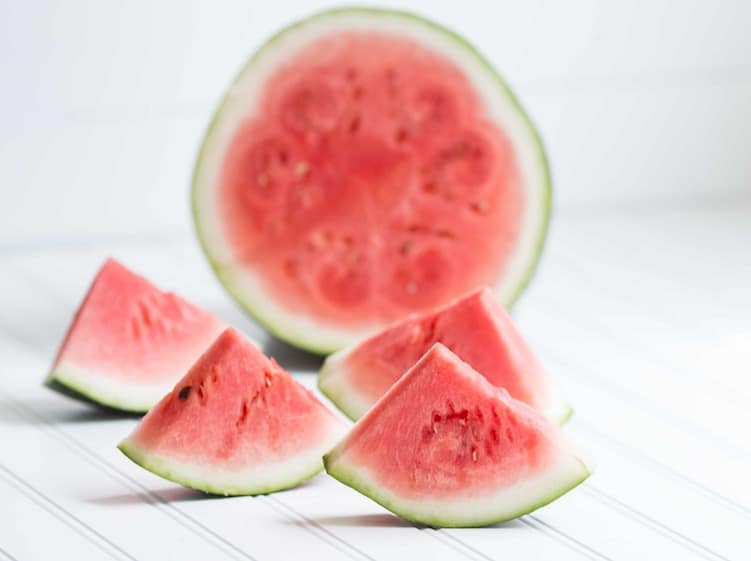
4. Up that Vitamin D
Research suggests that those with sufficient vitamin D levels had higher rates of pregnancy compared with those whose levels were lagging (and a lot of North Americans are not getting enough). In addition to fortified dairy and alternatives, Haas and Shaw recommend trying UV-exposed mushrooms. Try subbing your meat for mushrooms in these vegan sloppy joes!
5. Antioxidants to the Rescue
One large systematic review found that antioxidants helped improve pregnancy outcome by enhancing sperm quality and general pregnancy rates. It's specifically been found that the combination of Vitamin C, Vitamin E and CoQ10 are the ideal antioxidant "stack" to improve your fertility chances. Try nuts or avocado for vitamin E, lean beef or mackerel for CoQ10, and as Shaw and Haas recommend, berries for Vitamin C.
6. Fill Up on Full Fat Dairy
One impressive 8 year study found that women who ate two or more weekly servings of low-fat dairy increased their risk of ovulatory failure by 85%, while including full-fat dairy reduced infertility risk by 27%. Bring on the homo milk! You can read more about the skim vs whole milk debate here!
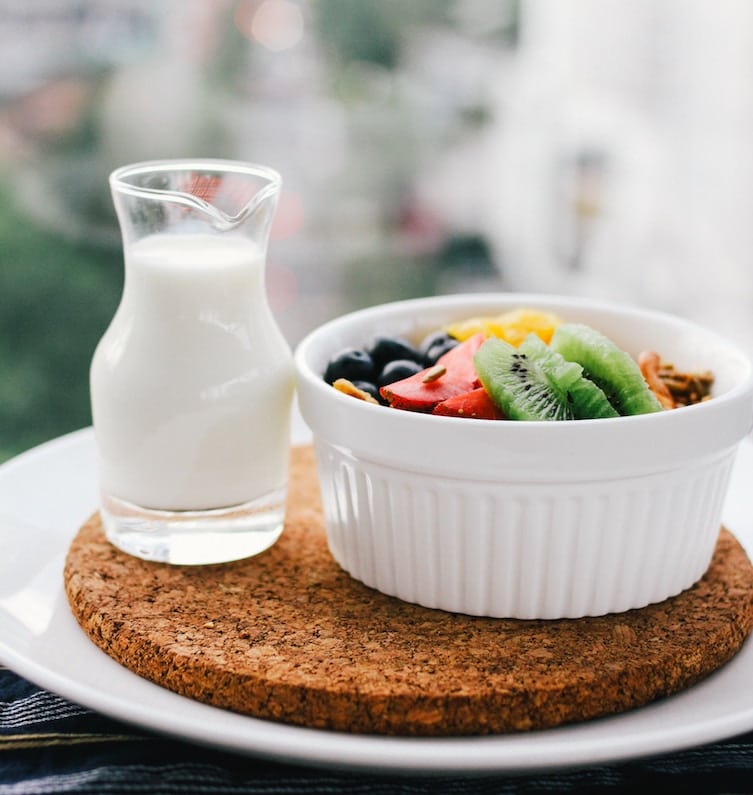
7. Fermented Foods FTW
Research consistently suggests that gut health is imperative to overall health, and the world of fertility is no exception. As Shaw and Haas told me, emerging research suggests that the health of the mother's gut may play a role in the infant's microbiome and health later on in their life. For that reason, it's important to take care of it with probiotic rich fermented foods like sauerkraut, yogurt, kimchee and kombucha. We are totally obsessed with these kombucha floats!
8. Go Slow (Carbs)
Research has linked consuming high glycemic index foods (like pastries, white bread and sugary cereals) to higher rates of ovulatory infertility, while fibre-rich carbs like whole grains help reduce the risk. Get your carb fix with fobre-loaded foods like quinoa, barley, buckwheat and wheat bran. We are currently obsessed with this Pizza Quinoa Casserole.
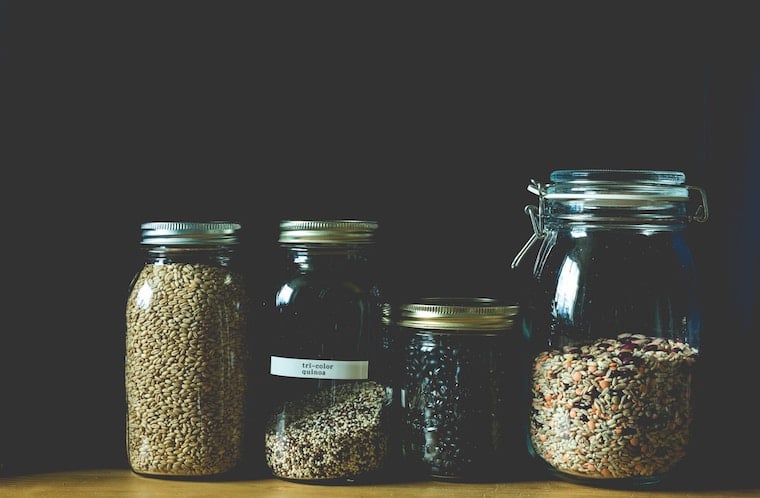
9. Pulse Power
We love the plant-based trend for so many reasons, but especially because one study found that women who consumed 5% of their calories from vegetable protein (like pulses) reduced their risk of ovulatory infertility by 50%. Get your fix from beans, lentils, chickpeas and more in recipes like my protein avocado toast.
10. Pass the Choline
This unique B vitamin is important for supporting a healthy pregnancy and baby. Load up on choline-rich foods like eggs, dairy, pasta, meat and poultry. You should definitely try this Spring Vegetarian breakfast pizza.
11. Fork over the Folate
Folate is the foundation of all prenatal vitamins. That's because it's key to preventing neural tube defects in the first few months of the fetus development. Research has also shown that not getting enough folate can increase issues related to egg production issues by 40%. So while taking your daily supplement is KEY, you can boost your intake with foods like cooked green veg, pulses and seeds. I love this spinach strata for lazy Sunday brunch.
12. Pass the Myo-Inositol
One of the major fertility diagnoses is insulin-resistant PCOS and research has found that using myo-inositol may improve insulin sensitivity to regulate a patient's cycle. In addition to speaking to your doctor about taking a supplement, you can also add foods that are rich in myo-inositol like grapefruit and navy beans.
13. Up the Omega 3
Again, another nutrient that is really important at any life cycle stage, but it may give you an extra leg up during your monthly baby dance sesh. has linked greater omega 3 levels to lower amounts of inflammatory fertility issues like endometriosis while it has also been shown to help improve sperm count and motility. We love fatty fish like salmon, arctic char and trout like in my recipe for Maple Arctic Char.
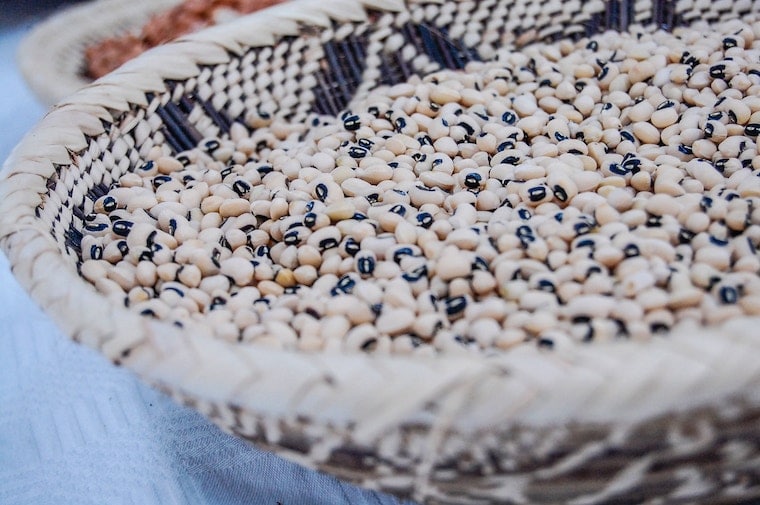
14. Feasting on (Good) Fat
Fats are back (and we're happy about that), but research suggests that women who consume higher intake of saturated fats (largely found in animal protein) have fewer quality embryos to work with. In contrast, consuming polyunsaturated fats is linked to high quality embryos. Monounsaturated fats are linked to the best chance of a live birth. Aim to cut back on fatty cuts of meats and fried food and incorporate more olive oil, fatty fish, avocados, nuts and seeds into your day.
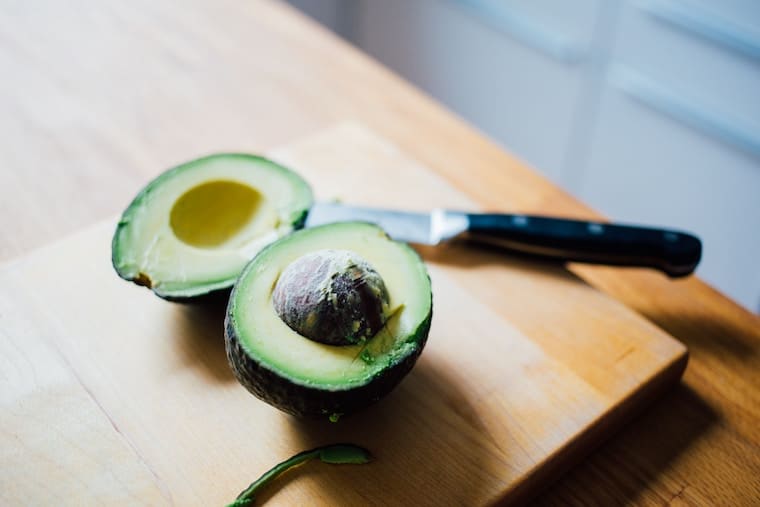
15. Eat like the Mediterranean's Do
The Mediterranean diet consistently comes out on top for pregnancy success rates and for good reason. Research suggests that consuming a diet rich in fish, pulses, and veggies, and low is saturated fat and sugar (as advocated for by the Mediterranean diet) helps to increase the likelihood of pregnancy by 40%. So if you basically just follow the specific diet recommendations above (with the exception of maybe the alcohol thing), you'll be eating the Mediterranean way and hopefully on your way to meeting baby.
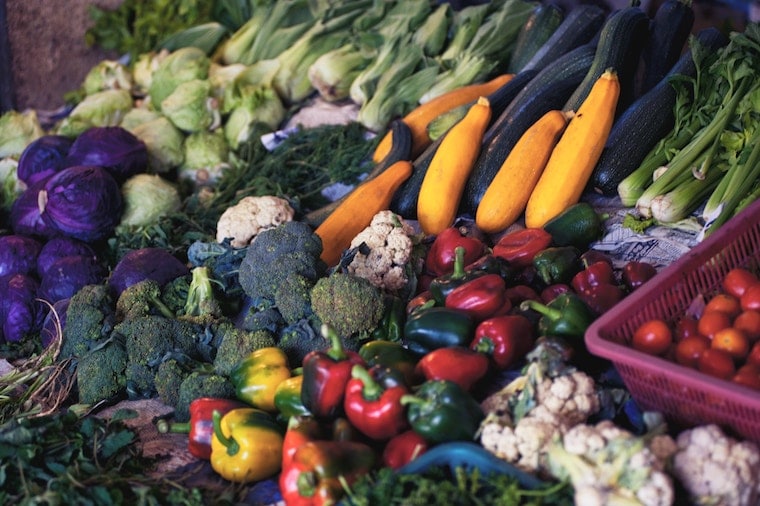
I hope you now have a better understanding about what the research says about what to eat to help you get pregnant. Aren't you glad you're not limited to pineapple core, pomegranate juice and brazil nuts every day? Now I want to hear from you:
Have you or someone you know struggled with infertility?
Have you tried any of these foods to eat to help you get pregnant?
What are some of the fertility foods you've heard about that help with baby making?
Leave me a comment below with your thoughts!
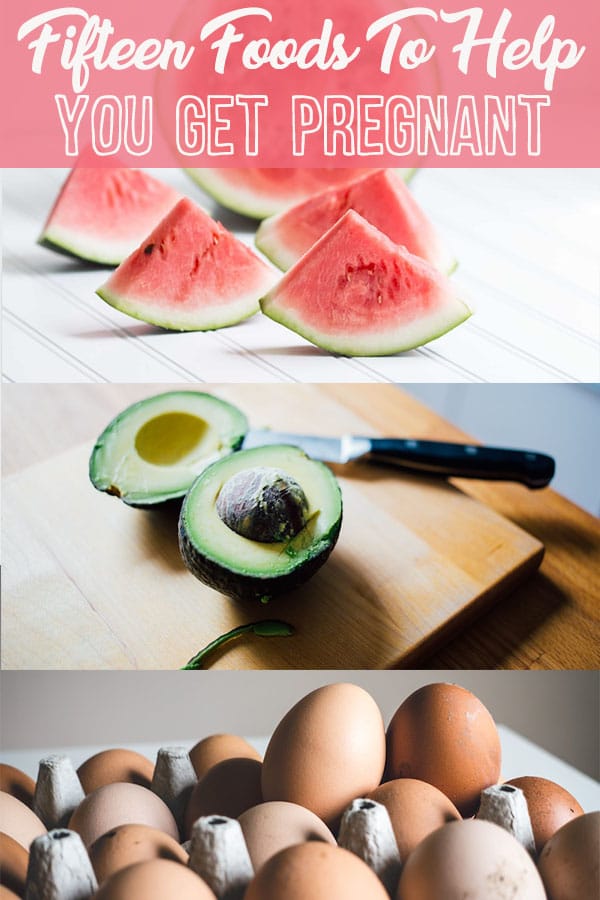
Updated on October 4th, 2021

What to Eat if U Want to Get Pregnant Fast
Source: https://www.abbeyskitchen.com/what-to-eat-to-help-you-get-pregnant-fertility-foods/